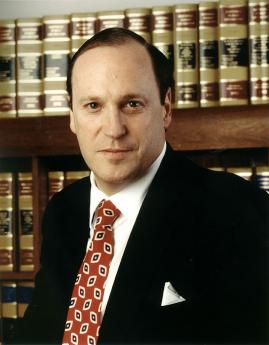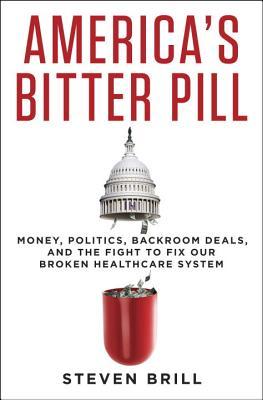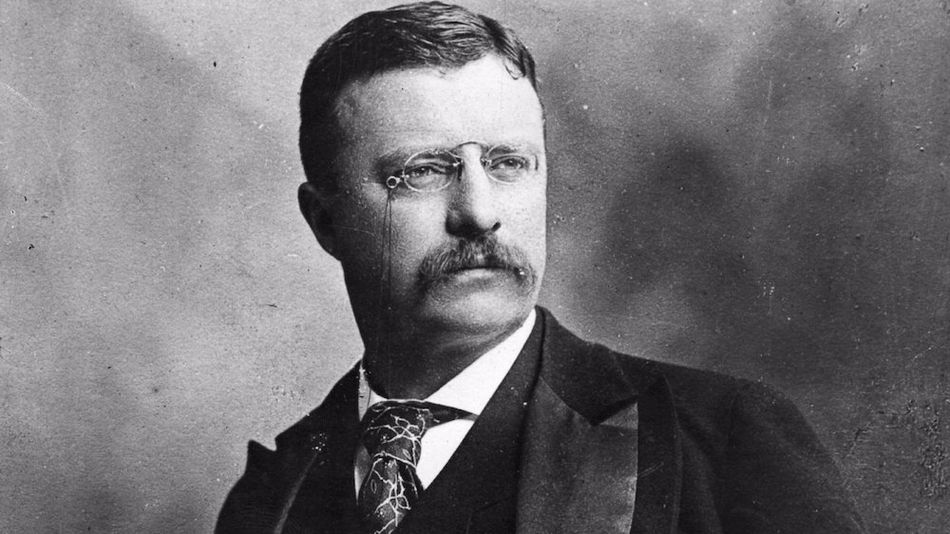Related Topics
Right Angle Club: 2015
The tenth year of this annal, the ninety-third for the club. Because its author spent much of the past year on health economics, a summary of this topic takes up a third of this volume. The 1980 book now sells on Amazon for three times its original price, so be warned.
Steve Brill: Healthcare Without Insurance Companies

|
| Stephen Brill |
Stephen Brill has written a very professional description of the "Inside baseball" of the Affordable Care Act, from the decision to go ahead with it, through the turmoil of ramming it through Congress, to the badly mismanaged introduction of the insurance exchanges. At the conclusion of this largely critical description entitled America's Bitter Pill , Mr. Brill devotes fifty pages to his own proposal for a better system.

|
| America's Bitter Pill |
Essentially, the proposal is for large hospital chains or multi-hospital groups to merge with, or otherwise take over the function of, health insurance companies. And, indeed, there is one little paragraph buried within the Source Notes which seems to be adequate justification for that idea. It's a quotation from a January 5, 2014 article in the Journal of the American Medical Association to the effect there were 831,000 American physicians in 2011, compared with 1,509,000 health insurance employees. The question it raises is plain enough. Why does it take twice as many employees to manage the insurance, as it takes physicians to deliver the care? Surely, a great deal of money could be saved by reducing the health insurance cost, and Mr. Brill's proposal is to let the hospital conglomerates take over the insurance industry.
An important truth is stated, but this particular conclusion is too drastic because it would strip the public of its normal expectation for impartial decisions between two counter-parties. At least, for rare and expensive disputes it would; many other problems need fixing only because employer-based insurance created them. It redefined many small risks as big ones, mostly in response to unwarranted lobbying to extend unwarranted tax dodges. But extending the expendable argument to include what insurance does well (spread the risk of low-volume, high-cost unpredictable expenses), requires proof that other institutions would do it better. I am reluctant to give up catastrophic health insurance while admitting the rest of current health insurance is too costly and expendable.

|
| Bill Gates and Warren Buffett |
Others have said the same thing, and no doubt the health insurance industry will mount a defense. My own proposal could be twisted to mean something else, except my way of saying it is that individual patients should take over much of the non-insurance insurance function, by using Health Savings Accounts and thereby reduce their net costs by passive investing in index funds. Since Obamacare was probably only a first step toward something else, replacing health insurance with governmental solvency assurance may have been in the President's mind. But any way you massage the message, there is an essential contribution by insurance which probably cannot be adequately replaced. Anybody at all could suddenly develop a huge medical expense, and be unable to pay for it. The chances of that happening are small, so the cost per person is also modest. Ignoring exceptional cases like Bill Gates and Warren Buffett, everyone needs a catastrophic insurance plan. No proposal for general use is probably workable without "stockholder risk in calculated balance with customer risk-taking". My own succinct criticism of Obamacare is that it has made Catastrophic health insurance illegal for everyone over the age of 30. If a feature like that is essential to ACA success, its own future is doomed, in my opinion.

|
| Theodore Roosevelt |
In a sense, the whole thing the matter with the existing system of employer-based insurance is that it boxed itself into a corner of first-dollar coverage, and only modestly retreated from it. That is, instead of initially ensuring the worst health disasters with the lowest premium cost, and progressively lowering the deductible as people could afford it, the Health Insurance industry did it in reverse. It started out with ensuring the cheap stuff before it reached expensive stuff. No wonder one President after another, starting with Teddy Roosevelt, proposed some kind of reform. It's far too late to assign the blame for this misjudgment of the past century, but it is not too late to confess the error and re-design systems with the hope of fixing it. Yes, it is true it would have been cheaper to address the issue thirty or forty years ago, but meanwhile the thirty-year extension of longevity during the 20th Century has a good side, too. The essence of our problem is that, right now, it is whatever it is.
Originally published: Saturday, April 25, 2015; most-recently modified: Wednesday, June 05, 2019